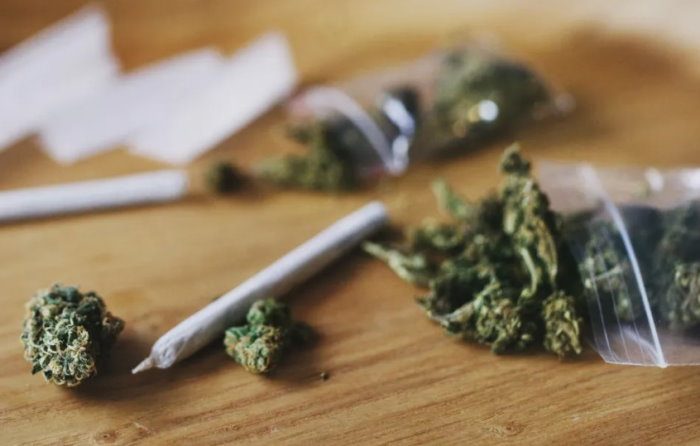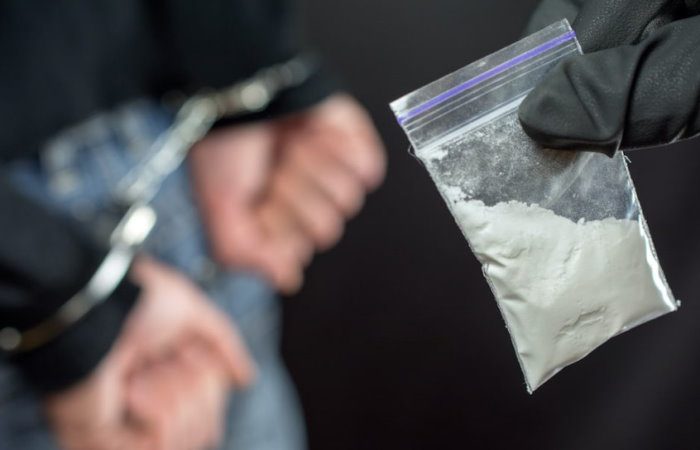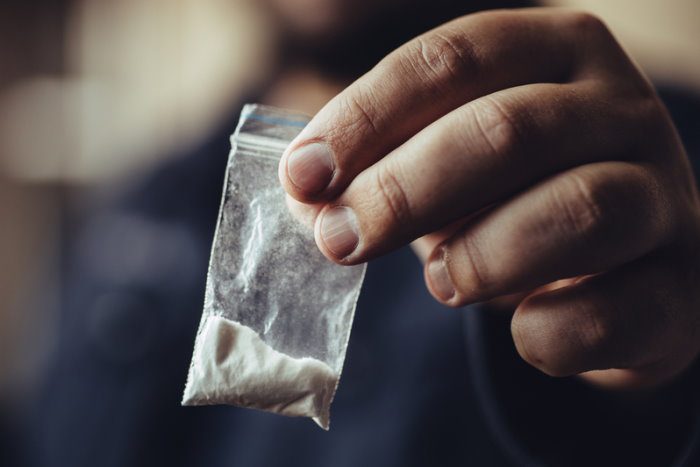In the state of North Carolina, the penalties for possession of a controlled substance (also known as drug possession) range from minor to severe, and there are various different types of repercussions. The type of drug in question and the quantity that was discovered in the “possession” of the defendant both have a role in determining the gravitas of the charges as well as the possible outcomes of the situation.
What are the Consequences of a Conviction for Drug Possession in North Carolina?
If you are found guilty of drug possession, you could face incarceration as well as other serious consequences. Even simple possession of marijuana in North Carolina can result in significant legal repercussions.
After a conviction, the potential consequences that await you depend on whether the offense was considered a misdemeanor or a felony. Penalties for felonies typically include longer prison sentences. There are different punishments that go along with the various types of drug possession convictions. If you have a history of criminal offenses, you could face heavier penalties.
Regardless of the drug possession accusation that you are currently facing, a conviction might set you back in life for a significant amount of time in the future. You should discuss your options with a veteran criminal attorney before deciding whether or not to represent yourself in court or accept a plea bargain.

North Carolina (US state) Schedules for the possession of drugs
In the state of North Carolina, various types of pharmaceuticals are organized and arranged into schedules, and the schedules are numbered from one to six. The possession of a schedule 1 drug is regarded as the most severe offense, whilst the possession of a schedule 6 substance is the least severe offense.
In general, drug possession schedules have been ordered according to the degree to which various drugs are addictive and the degree to which they are hazardous to a person’s health.
Not only can someone be prosecuted with drug possession if they are in possession of prescription medication for which they do not have a valid prescription, but they can also be charged with drug possession in certain circumstances, if they are in possession of over-the-counter medicines.
Typical penalties for drug possession in the state of North Carolina
- Heroin, peyote, and ecstasy are some of the drugs that fall under Schedule 1, but the list isn’t exhaustive.
- Cocaine, morphine, and methadone amongst others are some of the drugs that fall under the scope of Schedule 2.
- Ketamine, anabolic steroids, and some barbiturates are some of the substances that come under the Schedule 3 classification.
- Schedule 4 includes, but is not limited to, Valium and Xanax as well as other similar medications.
- Cough suppressants sold over the counter that include codeine are among the substances covered under Schedule 5, although this list is not exhaustive.
- Hashish and Marijuana are also included in Schedule 6, however the list does not end there.
What are the parameters for drug possession?
To be charged with possession of an illegal substance requires more than just having the material on your person at the time of the crime. Even if a substance is not in your physical possession at the time, there are still other ways in which you could be charged with drug possession. Ownership can be established if the defendant is found to have either real or constructive possession of the item:
Possession in Its Own Right – a person is regarded to have actual possession of a controlled substance if that substance is found on their person, they are aware that it is there, and they intend to control it, use it, or get rid of it.
Constructive Possession – is the legal term for a situation in which a person is considered to have control and dominion over a controlled substance even though they do not physically possess that substance. This occurs when a person has the intent and the ability to maintain control and dominion over the controlled substance.
Even if you are simply a passenger in a vehicle and drugs are found in that vehicle, you could be charged with possession of narcotics even if you are just sitting in that vehicle.
It makes no difference to the sentence or severity of a drug possession charge in North Carolina whether you were determined to be in actual possession of the drug at the time or not.

What are the Consequences for Drug Possession in North Carolina?
“Possession” in North Carolina refers to the wilful and unlawful possession of a controlled substance in North Carolina. In other words, “possession” is a crime. To be in possession of any kind of illegal drug or controlled substance is a punishable offense.
The consequences for mere possession of a controlled substance can vary widely depending on the category of the substance and the quantity that is in possession. In the state of North Carolina, for instance, the penalty for possession of marijuana is significantly less severe than the penalty for possession of methamphetamine.
The following is a list of the maximum punishments for possession of drugs, broken down by the different types of banned substances:
- Possession of a Schedule I substance is considered a Class I felony, which has a maximum sentence of 24 months in jail.
- Possession of a controlled substance that is classified as Schedule II, III, or IV is considered a Class 1 misdemeanor and has a maximum punishment of 120 days in jail. A Class I felony is considered to be committed when a specified amount or more is possessed.
- Possession of a Schedule V substance is considered a Class 2 misdemeanor and can end up in a sentence of up to sixty days in prison.
- Possession of a Schedule VI controlled substance is considered a Class 3 misdemeanor and carries a maximum sentence of 20 days in prison.
- If you are found to be in possession of substantial quantities of illegal substances, you may be subject to additional drug-related charges, such as possession with the intent to distribute or drug trafficking. It is a Class H felony to be in possession of a drug that is either on Schedule I or II with the purpose to produce, sell, or distribute that drug.
How We Can Help
The stigma that comes with a criminal record makes dealing with felony drug charges very challenging. In Greensboro, North Carolina, our attorneys frequently defend clients accused of felony drug possession or possession with intent to sell or transport marijuana. Here’s where you may read more about our services: https://www.garrettandwalker.com/


